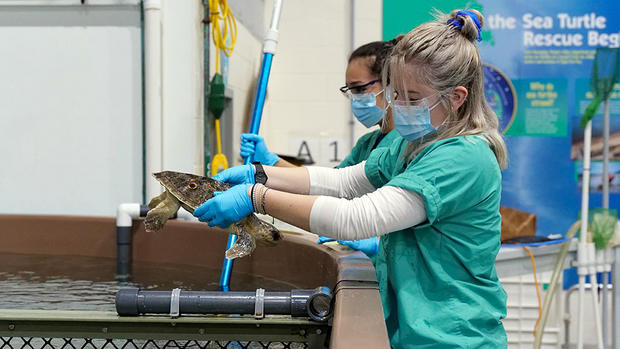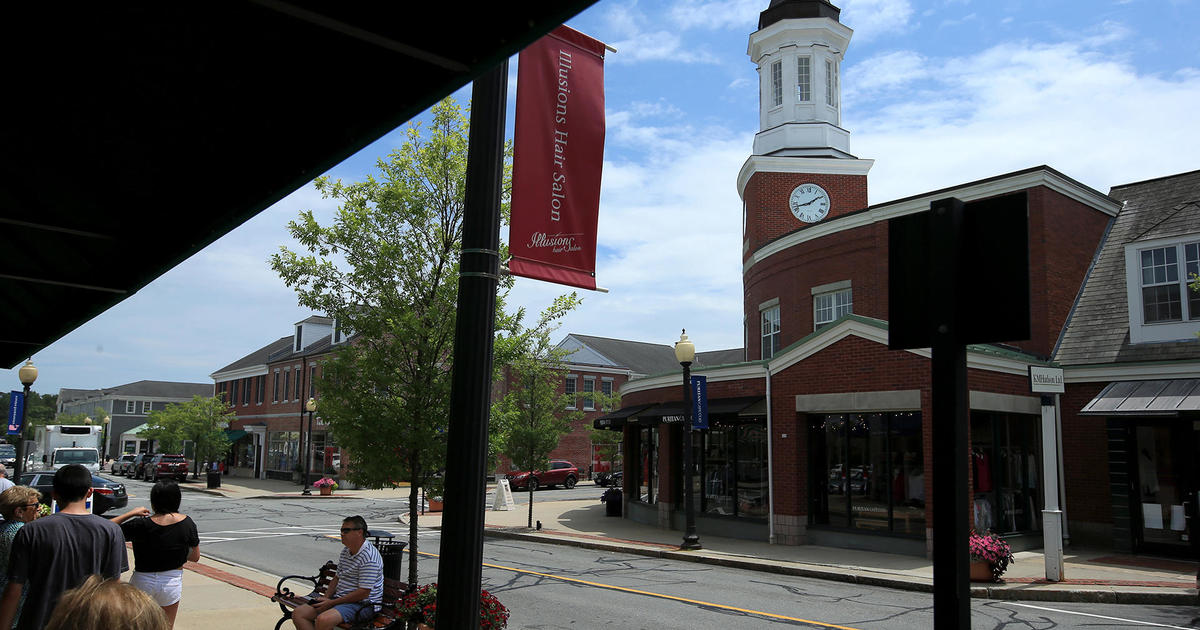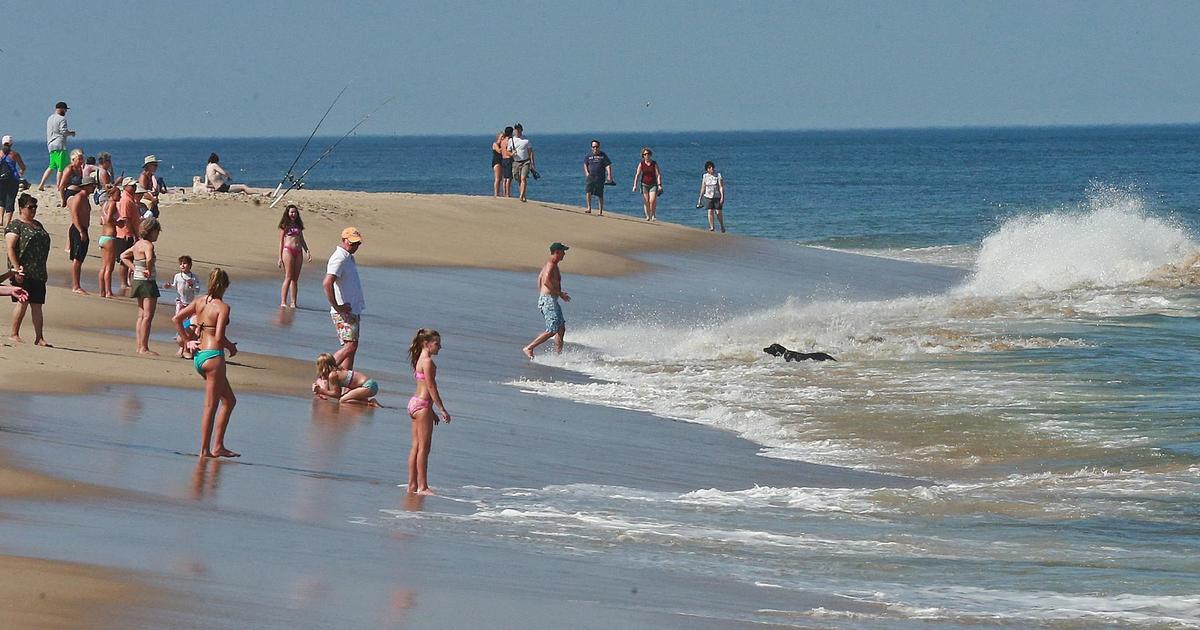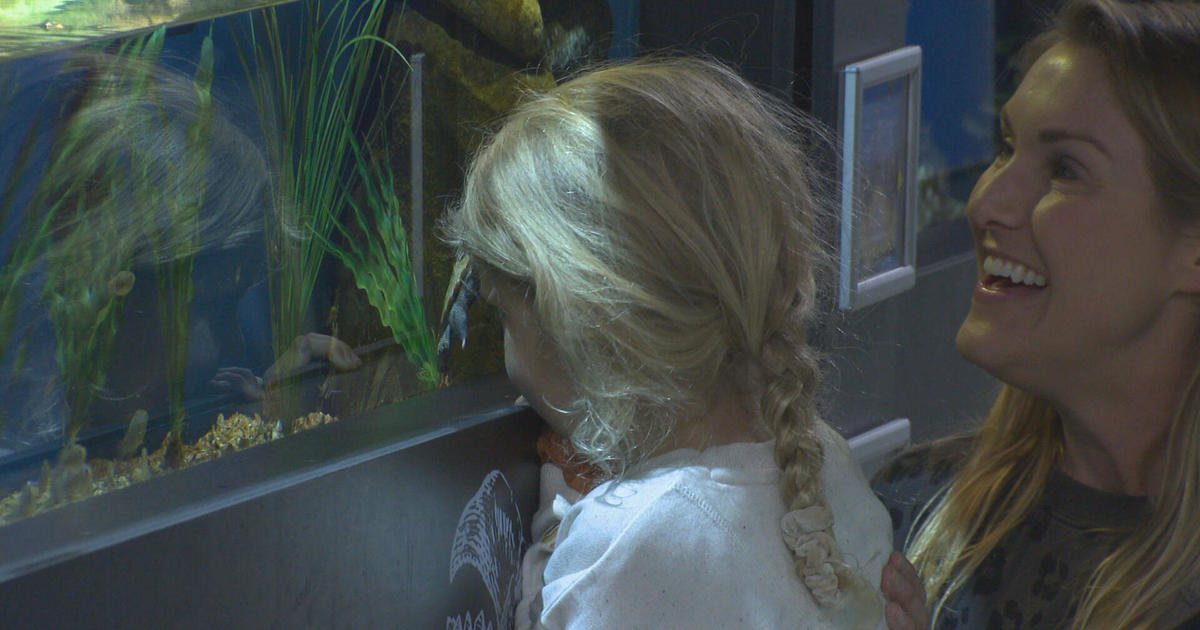Sea Turtle Rescue Season Sets Records On Cape Cod
QUINCY (CBS) – This year's sea turtle rescue season is setting records, with more than 900 turtles stranded on the Cape since early November.
That means a record number of turtles are receiving medical treatment at New England Aquarium's Animal Care Center in Quincy and the National Marine Life Center in Buzzards Bay – with 720 turtles receiving veterinary care. Overall, the aquarium reports, this has been the second busiest cold-stun season in 30 years with more admissions than in 2014, when 692 live turtles were admitted and 1,241 sea turtles were rescued.
"We knew this season would present a major challenge with the pandemic requiring additional safety protocols. Combine that with historic stranding numbers, and the rescue and rehab operation has been nothing short of extraordinary," said Connie Merigo, marine animal rescue department manager at the New England Aquarium. Volunteers and staff for Mass Audubon's Wellfleet Bay Wildlife Sanctuary patrol the beaches for stranded turtles after high tides.
Cold-stun season occurs when sea turtles foraging along the New England coast in the summer become trapped in Cape Cod Bay in the fall. Eventually, as the temperatures drop, the turtles become hypothermic, stop swimming and wash ashore.
Most of the turtles that strand during the fall are young Kemp's ridleys, the most critically endangered sea turtles. Juvenile and sub-adult loggerhead sea turtles, a threatened species, often strand in mid-December.
Turtles Fly Too, a volunteer general aviation organization, has flown nearly 500 sea turtles from Massachusetts to rehab facilities in Florida, Texas, and other locations over the last six weeks.
Bob Prescott, who oversees Mass Audubon's sea turtle rescue program, says while it's not clear what causes a big stranding year, winds and water temperatures appear to be key factors.
"The Gulf of Maine is warming much faster than the global average, which has allowed turtles to come into the Gulf and Cape Cod Bay, specifically," he said. East winds, associated with tropical storms, may push turtles closer to the shore, and fall west and southwest winds may push turtles in the northeast corner of Cape Cod Bay, where they become trapped. "This year, just as in 2014, most of our turtles have come ashore in the northeast corner of the bay from Provincetown to Wellfleet," Prescott said.




